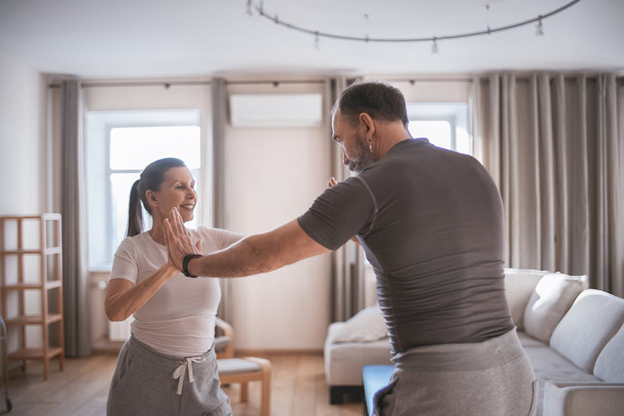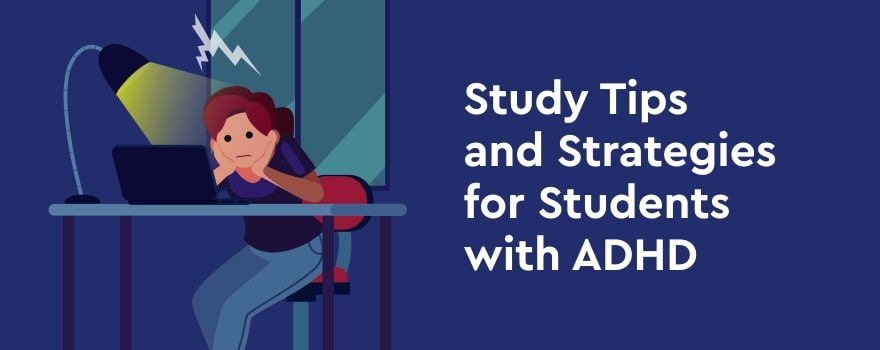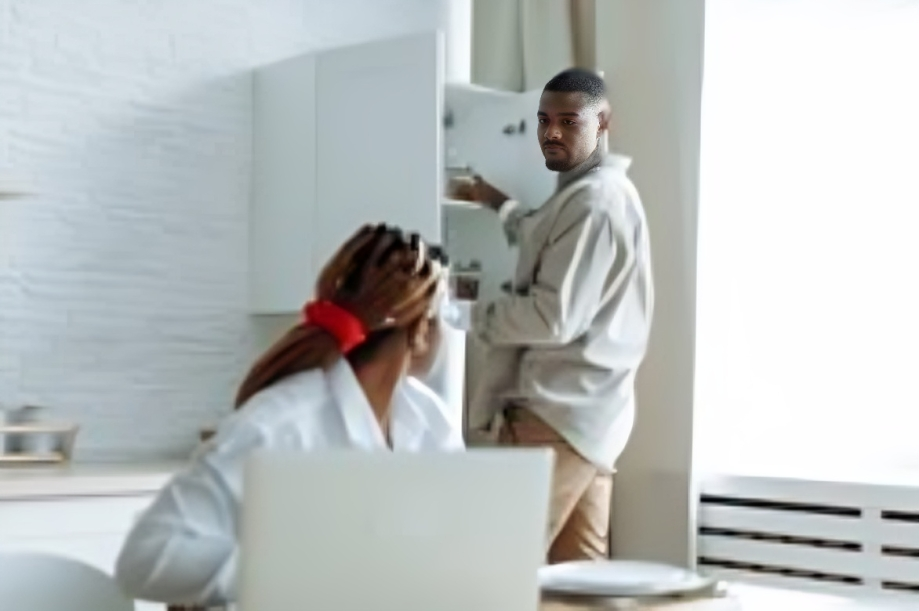Passive Choices
Most of us like to think that usually things happen to us because we’ve made an overt decision – we enroll in a class, then we take the class, we buy certain foods, then eat them later, we drive in a certain direction and end up at our destination. Our mindset is that when these things go awry, its misfortune or an overtly bad decision or mistake on our own part or someone else’s part. And that can be true, but how about the choices we make by
not doing certain things or
avoiding and denying certain things? How about the role of
procrastination in shaping our outcomes?
I worked with a couple awhile ago who were in a war about these other types of choices I call “passive choices.” The husband years earlier had been diagnosed with very high blood pressure and high cholesterol. About 10 years ago he was hospitalized for a burst aortic aneurism, survived it and had a stent put in. He was advised to eat a heart healthy diet and exercise regularly to avoid further cardiovascular problems. According to his wife he initially paid some lip service to those instructions, then proceeded to eat whatever he wanted, drink alcohol liberally, and almost never do any cardio exercise. So it was no surprise to her when last year he needed another stent elsewhere and a repair of the aortic stent, a serious, painful operation requiring extensive recovery and involving lots of caregiving assistance. Needless to say the wife was rips**t! It was clear to her that this was the life he had passively
chosen, he wasn’t a victim of bad luck. He couldn’t understand why she had so little empathy for his plight, why so cold? Her retort repeatedly was “You CHOSE this! Your inaction, your avoidance, your denial set the stage for this! What did you think would happen, living the way you did? You CHOSE this life!”
So, what’s the moral of this sad story? Pay attention to not only what you do in an obvious, concrete way, but also to what you do through inaction or denial.
- Do you routinely put off paying bills until you get charged late fees? If so, you are choosing to create bad credit and financial complications.
- Do you neglect to return calls or emails from family or friends? If so, you are choosing alienation or conflict in those relationships.
- Do you wait for a health crisis to follow your doctor’s advise? If so, you are choosing poor health.
- Do you procrastinate meeting deadlines for tasks at your job? If so, you are choosing to get a lousy review, maybe even be earmarked for the next layoff.
- Do you avoid hot topic conversations with your spouse or partner? If so, you are choosing to create a reservoir of resentment and distance between you two.
Instead:
- Focus less on your benign intentions and more on how you play them out behaviorally. Good intentions mean very little if your actions aren’t lined up with them.
- Realize that you can be a good person, making some bad passive choices.
- Pay attention to the “handwriting on the wall – early markers of negative outcomes so you can steer in a different, more desirable direction.
- Recognize that you make choices every day, both actively and passively, and that both kinds can create very powerful outcomes.








